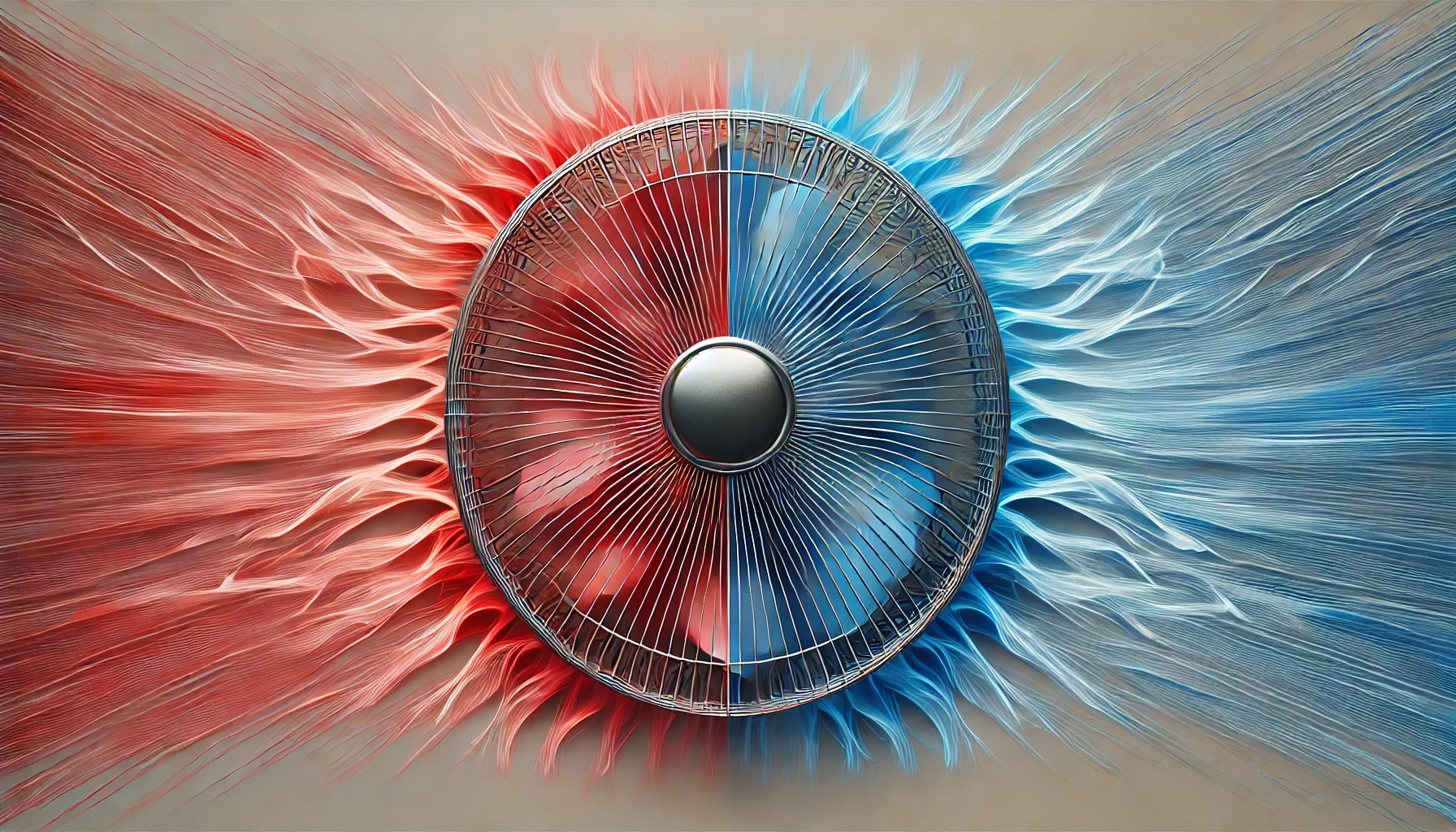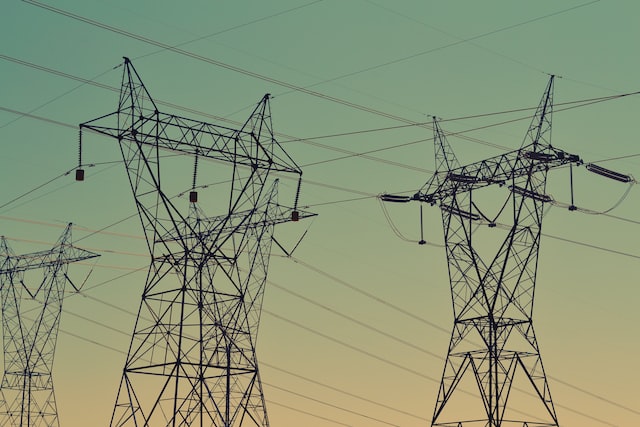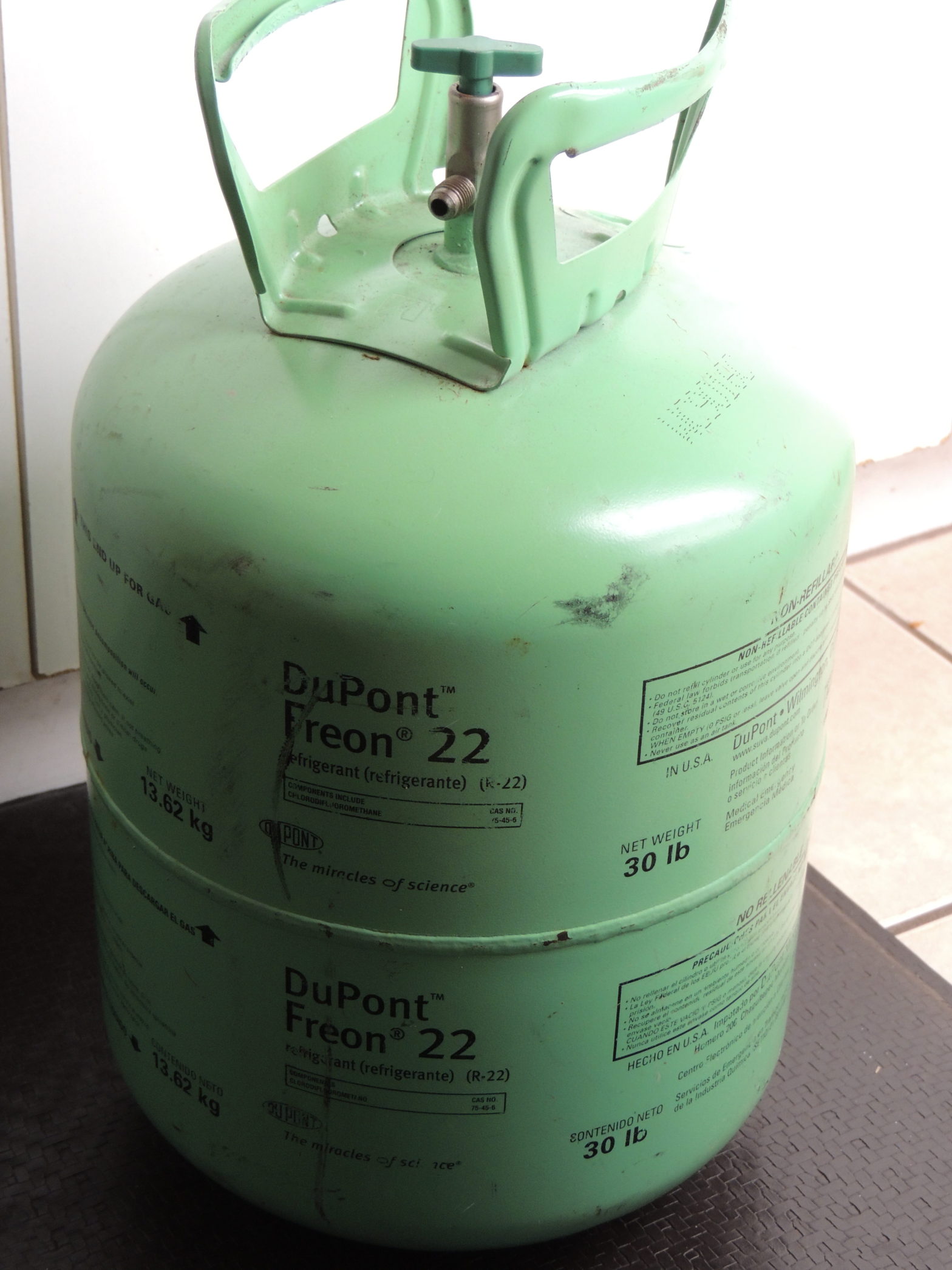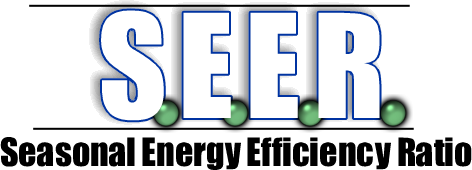If your air conditioner isn’t cooling properly or your energy bills are higher than expected, it could be due to incorrect refrigerant levels. Refrigerant is the substance that cools the air in your AC, and both overcharging and undercharging it can cause issues. Let’s explore what happens in each case and how to spot the signs.

Overcharged
When your AC is overcharged, there’s too much refrigerant in the system. This may seem like it would improve cooling, but it actually causes problems. The extra refrigerant puts too much pressure on the system, which stresses the components and makes the AC work harder. As a result, the cooling performance decreases because the refrigerant can’t absorb and release heat properly. Even with more refrigerant, your home may not feel as cool as it should, and you’ll likely notice an increase in your energy bills since the system uses more electricity to compensate for its inefficiency.
Another consequence of overcharging is excessive pressure in the system, which makes it harder for the refrigerant to properly absorb and release heat. This can cause the compressor to overheat, leading to potential damage and costly repairs. You may also hear strange noises as the system struggles under the extra pressure. Additionally, the AC may short cycle, turning on and off more frequently than usual as it attempts to manage the excess refrigerant.
Undercharged
On the other hand, an undercharged air conditioner means there isn’t enough refrigerant in the system. Without enough refrigerant, the pressure inside the AC drops, making it difficult for the system to transfer heat effectively. This results in weak cooling performance, leaving your home warmer than desired even when the unit is running. In some cases, the cooling coils may freeze due to the lack of heat exchange, further blocking airflow and reducing efficiency.
Since the system is working harder to cool, it runs for longer periods, which not only increases your energy consumption but also drives up your utility bills. If the cause of the undercharge is a refrigerant leak, you might hear bubbling or hissing noises from the unit. As with an overcharged system, the compressor in an undercharged AC can overheat and potentially fail. The refrigerant lines may also feel colder than normal, indicating insufficient refrigerant is circulating.
Why It’s Important to Get the Right Balance
Both overcharging and undercharging your AC can harm its performance and longevity. It’s crucial to have the correct amount of refrigerant in the system. A professional technician can check the refrigerant pressure and ensure it’s at the right level, helping your AC cool efficiently and last longer. If you notice your air conditioner struggling, it’s a good idea to have it inspected to prevent further damage and avoid high energy bills. Maintaining the right balance of refrigerant keeps your AC running smoothly, ensures a comfortable home, and can save you money in the long run.
Discover more from Ask The AC Expert
Subscribe to get the latest posts sent to your email.



